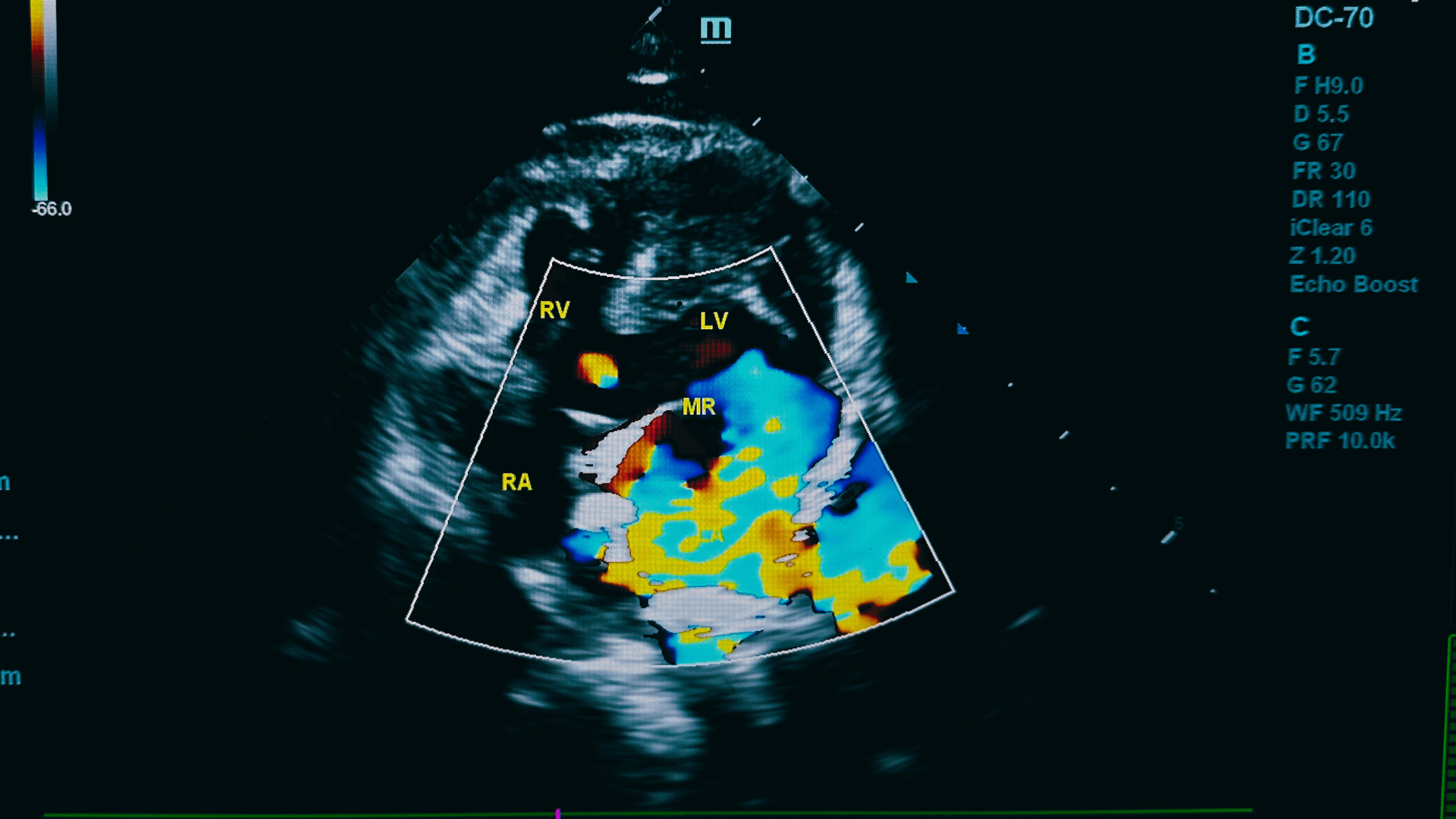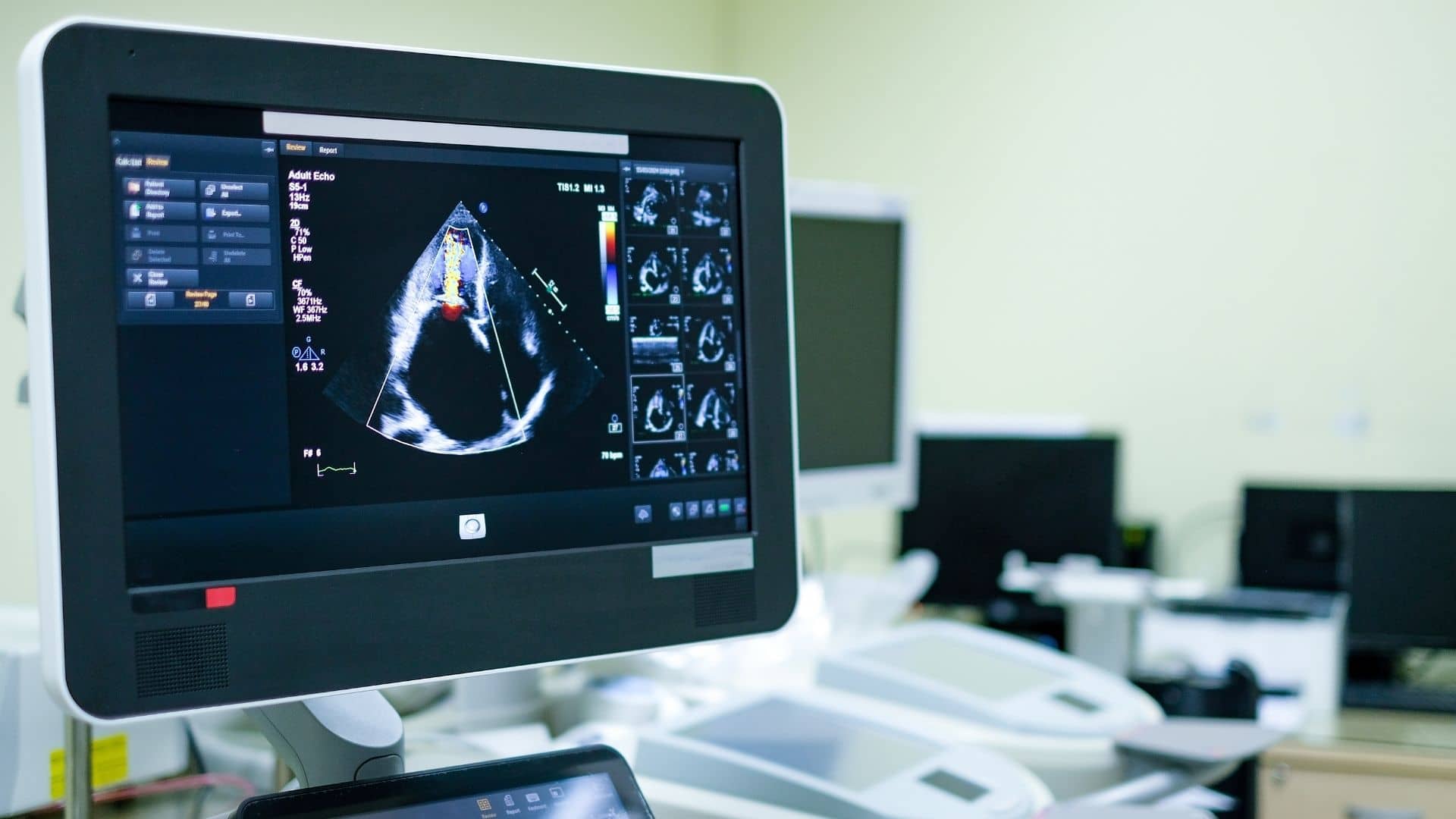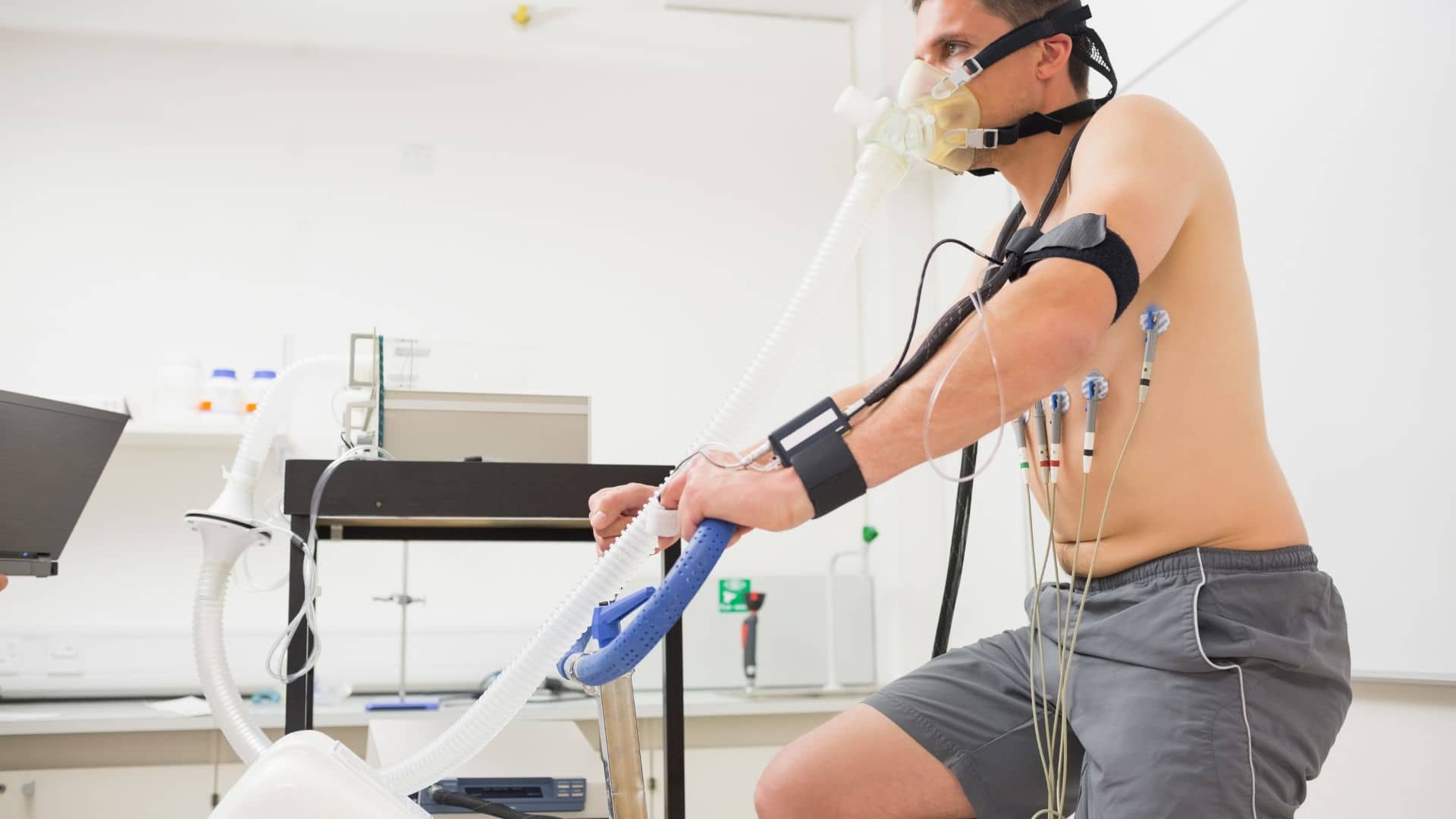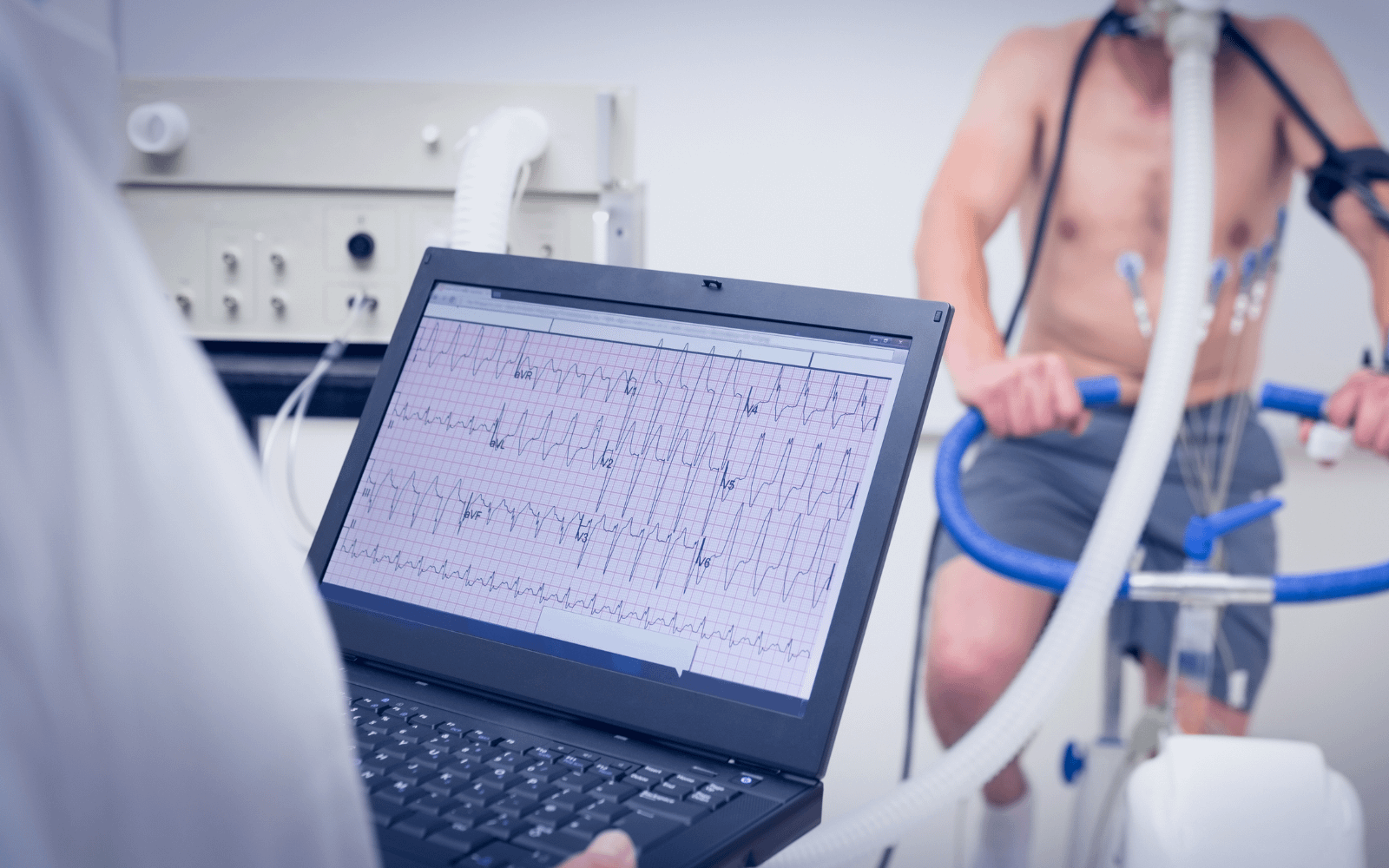Article Summary
- The 93015 CPT code covers comprehensive cardiovascular stress testing with continuous electrocardiographic monitoring, physician supervision, and interpretation
- Proper documentation for the 93015 CPT code requires detailed pre-test evaluation, continuous monitoring records, and complete physician interpretation
- Stress testing procedures with the 93015 CPT code serve as critical diagnostic tools for coronary artery disease, arrhythmias, and exercise capacity assessment
- Billing accuracy for the 93015 CPT code depends on correct modifier usage, complete documentation, and proper separation of technical versus professional components
- Common billing challenges include inadequate documentation, improper code bundling, and confusion between related codes like 93016 CPT code and 93017 CPT code
- Professional medical billing services reduce coding errors and accelerate reimbursement for cardiovascular stress testing procedures
What Is the 93015 CPT Code?
The 93015 CPT code represents cardiovascular stress testing with continuous electrocardiographic monitoring, physician supervision, and interpretation and report. This comprehensive code encompasses the complete stress test service from initial patient preparation through final report generation, making it one of the most frequently used codes in cardiovascular diagnostic procedures.
Medical practices rely on the 93015 CPT code to bill for exercise stress tests that evaluate cardiac function under physical stress conditions. The procedure involves continuous heart rhythm monitoring while patients exercise on treadmills or stationary bicycles, with physicians supervising the entire process and interpreting the results.
Healthcare providers use stress testing to diagnose coronary artery disease, evaluate chest pain symptoms, assess exercise capacity, and monitor treatment effectiveness. The 93015 CPT code covers all components of this diagnostic procedure, including the technical aspects of testing and the professional interpretation services.

Components of the 93015 CPT Code
The 93015 CPT code includes multiple service components that justify its comprehensive billing structure. The technical component covers equipment usage, technician services, supplies, and the actual stress test performance. This includes treadmill or bicycle setup, electrode placement, continuous monitoring equipment, and emergency equipment availability.
The professional component encompasses physician supervision during the test, real-time interpretation of cardiac rhythms, blood pressure monitoring, symptom assessment, and post-test recovery evaluation. Physicians must remain present throughout the procedure to provide immediate intervention if complications arise.
Documentation requirements for the 93015 CPT code include pre-test patient evaluation, medical indication for testing, continuous rhythm strips, blood pressure readings, symptom documentation, test termination reasons, and comprehensive interpretation with clinical recommendations.
| Component | Description | Requirements |
| Technical | Equipment, technician, supplies | Continuous monitoring capability |
| Professional | Physician supervision and interpretation | Real-time oversight and analysis |
| Documentation | Complete records and reports | Medical necessity and findings |
Medical Indications for 93015 CPT Code
Physicians order cardiovascular stress testing for various clinical indications that support medical necessity for the 93015 CPT code. Common indications include chest pain evaluation, shortness of breath assessment, irregular heartbeat investigation, and pre-operative cardiac risk assessment. These symptoms suggest potential cardiovascular disease that requires stress testing for proper diagnosis.
Exercise capacity evaluation represents another key indication for the 93015 CPT code. Physicians use stress testing to assess functional capacity in patients with known heart disease, evaluate disability claims, and determine appropriate exercise prescriptions for cardiac rehabilitation programs.
Medication effectiveness monitoring provides additional justification for stress testing procedures. Cardiologists often repeat stress tests to evaluate treatment responses, adjust medication dosages, and assess progression of cardiovascular conditions over time.
Relationship Between 93015 CPT Code and Related Procedures
The 93015 CPT code differs from the 93016 CPT code, which covers only the physician supervision component of cardiovascular stress testing. When facilities separate the supervision from other test components, they use the 93016 CPT code specifically for the physician oversight portion.
The 93017 CPT code represents stress test interpretation and report only, without the technical components or supervision services. This code applies when physicians provide interpretation services for tests performed at different locations or when technical and professional components are billed separately.
Stress echocardiography procedures use different codes such as the 93350 CPT code for complete stress echocardiography or the 93351 CPT code for pharmacological stress echocardiography. These procedures combine stress testing with cardiac imaging, requiring separate coding from the basic 93015 CPT code.
Documentation Requirements for 93015 CPT Code
Proper documentation for the 93015 CPT code must establish medical necessity through clear clinical indications. The medical record should include patient symptoms, physical examination findings, relevant medical history, and the physician’s rationale for ordering stress testing. This foundation supports the decision to perform the procedure and helps defend against potential audits.
Pre-test documentation requires patient preparation details, medication instructions, contraindication assessments, and informed consent. Physicians must document any pre-existing conditions that could affect test results or patient safety during the procedure.
During the test, continuous documentation includes baseline vital signs, exercise protocol details, heart rate and blood pressure responses, rhythm changes, symptom development, and test termination reasons. The record must demonstrate physician supervision throughout the procedure.
Post-test documentation encompasses recovery period monitoring, final vital signs, symptom resolution, and comprehensive interpretation of results. The physician’s report should include clinical impressions, recommendations for further testing or treatment, and correlation with the patient’s presenting symptoms.
Billing Challenges with 93015 CPT Code
Insurance companies frequently audit claims for the 93015 CPT code due to the high reimbursement value and potential for billing errors. Common audit triggers include inadequate documentation, inappropriate medical necessity, and improper code selection for the performed procedure.
Code bundling issues often arise when practices attempt to bill the 93015 CPT code with other cardiovascular procedures. Many insurers consider certain services inclusive of stress testing, leading to claim denials or reduced reimbursements. Professional billing services help practices navigate these complex bundling rules.
Modifier usage represents another significant billing challenge. The -26 modifier for professional component and -TC modifier for technical component must be applied correctly when services are split between different providers or facilities. Incorrect modifier usage results in claim denials and payment delays.
Frequency limitations imposed by insurance companies affect stress testing billing. Most payers restrict the number of stress tests covered per year unless specific medical criteria are met. Practices must document compelling clinical reasons for repeat testing within short timeframes.
Modifier Applications for 93015 CPT Code
The -26 modifier applies to the 93015 CPT code when physicians provide only the professional component of stress testing. This situation occurs when physicians interpret tests performed at facilities they do not own or operate. The modifier separates the physician’s professional services from the technical aspects of testing.
The -TC modifier designates the technical component for equipment usage, technician services, and supplies when billed separately from professional interpretation. Facilities use this modifier when providing only the testing equipment and technical staff without physician interpretation services.
The -59 modifier may apply to the 93015 CPT code when performed with other procedures that are normally bundled together. This modifier indicates that the stress test was a distinct procedural service performed separately from other cardiovascular procedures on the same day.
Bilateral procedure modifiers are not typically applicable to the 93015 CPT code since stress testing evaluates overall cardiovascular function rather than specific bilateral anatomical structures.
Quality Assurance for 93015 CPT Code Billing
Regular chart reviews help practices maintain high standards for 93015 CPT code documentation and billing accuracy. Quality assurance programs should evaluate medical necessity documentation, procedure completion records, and physician interpretation reports to identify areas for improvement.
Staff training programs focused on stress testing procedures and billing requirements reduce coding errors and improve revenue cycle performance. Training should cover proper documentation techniques, code selection criteria, and modifier usage for cardiovascular procedures.
Benchmark analysis allows practices to compare their 93015 CPT code billing performance against industry standards. This analysis helps identify unusual patterns, potential compliance issues, and opportunities for revenue optimization.
External auditing services provide objective assessments of stress testing billing practices and recommend improvements. These evaluations help practices proactively address potential issues before they result in compliance problems or payment denials.
Technology Integration for Stress Testing Billing
Modern stress testing equipment often integrates with electronic health record systems to streamline documentation and billing processes. These systems can automatically populate certain data fields, reducing manual entry errors and improving billing efficiency for the 93015 CPT code.
Billing software designed for cardiovascular practices includes specialized tools for stress testing procedures, documentation templates, and compliance checks. These technological solutions help reduce coding delays and improve accuracy for the 93015 CPT code and related procedures.
Practice management systems with cardiovascular-specific modules can track test scheduling, patient preparation requirements, and follow-up care coordination. This integration supports complete documentation for the 93015 CPT code while improving patient care workflows.
Revenue Optimization Strategies
Accurate coding for the 93015 CPT code directly impacts practice revenue through improved claim approval rates and faster payment processing. Correct initial coding reduces the need for claim resubmissions and appeals, accelerating cash flow for cardiovascular practices.
Professional revenue cycle management services specializing in cardiovascular billing can significantly improve coding accuracy and financial performance. These services stay current with coding changes, documentation requirements, and payer-specific guidelines affecting stress testing procedures.
Denial management services help practices address rejected claims for the 93015 CPT code quickly and effectively. Expert denial management reduces revenue loss and identifies patterns that lead to future claim rejections.
Compliance Considerations for Cardiovascular Stress Testing
Healthcare compliance regulations significantly impact stress testing billing through documentation requirements and coding accuracy standards. Practices must maintain detailed records to support all billed 93015 CPT code procedures and demonstrate medical necessity for each test.
The Office of Inspector General regularly audits cardiovascular procedures due to their complexity and high reimbursement values. Proper coding education and documentation practices help practices avoid compliance issues and maintain clean audit results.
Medical billing consulting services provide compliance guidance specific to cardiovascular billing requirements. These services help practices develop policies and procedures that meet regulatory standards while optimizing revenue performance.
Common Errors in 93015 CPT Code Billing
Insufficient documentation represents the most frequent error in 93015 CPT code billing. Many claim denials result from incomplete medical records that fail to establish medical necessity or support the complexity of services provided.
Incorrect code selection occurs when practices use the 93015 CPT code for procedures that should be coded with related but distinct codes. The 93000 CPT code for basic electrocardiograms, 93224 CPT code for Holter monitoring, or 93268 CPT code for event monitoring require different coding approaches.
Improper modifier usage leads to claim processing delays and payment reductions. Practices must apply modifiers correctly to indicate professional versus technical components, bilateral procedures, or distinct services performed on the same day.
Timing errors affect billing when practices submit claims before completing all required documentation or interpretation services. The 93015 CPT code requires complete physician interpretation before billing can occur.
Training Requirements for Stress Testing Billing
Continuous education remains essential for maintaining accuracy in 93015 CPT code application and documentation. Annual coding updates, new documentation requirements, and revised compliance standards necessitate ongoing staff training programs.
Certified coding professionals with cardiovascular specialization provide valuable expertise for stress testing billing operations. These specialists understand the nuances of cardiac procedure coding and can train practice staff on proper 93015 CPT code usage.
Professional development through coding associations and cardiovascular specialty organizations helps billing staff stay current with changes affecting stress testing procedures. Investment in education directly translates to improved billing accuracy and revenue performance.
Future Trends in Cardiovascular Stress Testing
Technological advances in cardiac monitoring continue to influence stress testing procedures and related billing codes. New monitoring techniques, exercise protocols, and diagnostic criteria may affect how practices apply the 93015 CPT code in future billing scenarios.
Telemedicine expansion has introduced considerations for remote cardiovascular monitoring and consultation services. While traditional stress testing requires in-person supervision, related cardiac monitoring services may develop remote billing applications.
Value-based care models are beginning to influence cardiovascular billing through quality metrics and outcome-based reimbursement structures. These changes may affect how practices approach 93015 CPT code billing and documentation requirements.
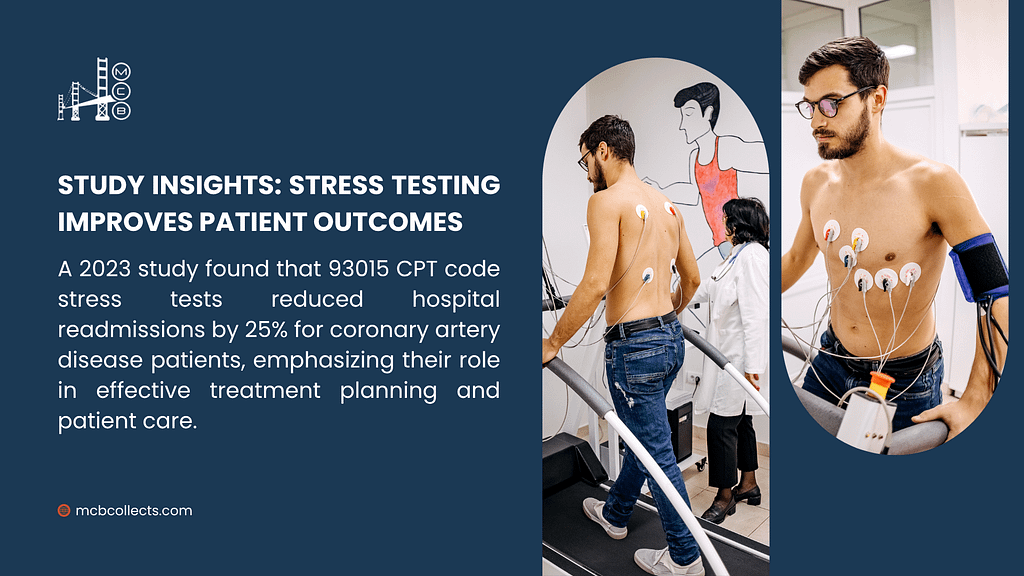
Key Takeaways for 93015 CPT Code Success
Successful billing for the 93015 CPT code requires comprehensive documentation, proper code selection, and continuous compliance monitoring. Practices must invest in staff training, quality assurance programs, and technology systems that support accurate cardiovascular billing.
Professional billing services provide specialized expertise needed for complex cardiovascular coding requirements. These services offer continuous education, compliance monitoring, and revenue optimization strategies that benefit practices performing stress testing procedures.
Regular performance monitoring and process improvement initiatives help practices maintain high standards in cardiovascular billing. Investment in proper coding practices for the 93015 CPT code directly translates to improved cash flow and reduced compliance risks.Ready to optimize your cardiovascular stress testing billing performance? MCB Collects specializes in cardiac practice billing with expert knowledge of the 93015 CPT code and comprehensive documentation requirements. Our specialized cardiovascular billing expertise can improve your practice revenue while our medical credentialing services can streamline your provider enrollment processes. Contact us today to learn how our proven solutions can transform your billing operations and accelerate your revenue cycle performance.



